The Magna Carta, issued in 1215 by King John. 'No free man shall be seized or imprisoned, or stripped of his rights or possessions ... except by the lawful judgement of his peers...To no one will we sell, to no one deny or delay right or justice.' Although not originally intended as a bill of rights, Magna Carta was used in these terms whenever people's liberties were challenged and is celebrated today as England's eary form of democracy. The continuing symbolic significance of Magna Carta was shown when the universal Declaration of Human Rights was presented to the United Nations in 1948 as a 'Magna Carta for the future'.
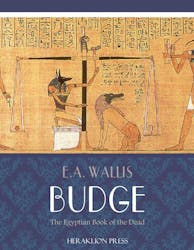
The Egyptian Book of the Dead
Anonymous
book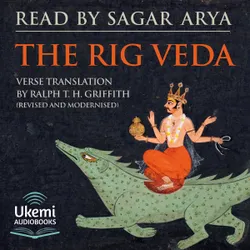
The Rig Veda
Anonymous
audiobookbook
Letting Ana Go
Anonymous
audiobook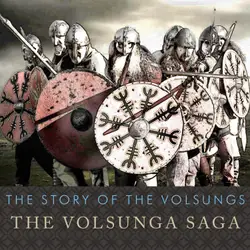
The Story of the Volsungs
Anonymous
audiobook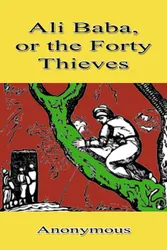
Ali Baba, or the Forty Thieves
Anonymous
book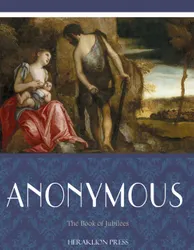
The Book of Jubilees
Anonymous
book
Morien, an Arthurian Romance
Anonymous
book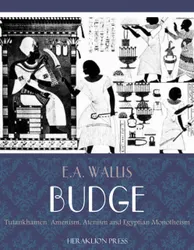
Tutankhamen: Amenism, Atenism, and Egyptian Monotheism
Anonymous
book
The Rosetta Stone
Anonymous
book
Cheatingland
Anonymous
audiobook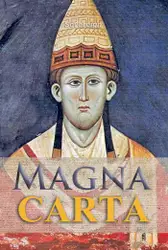
Magna Carta
Anonymous
book
Regimental Nicknames and Traditions of the British Army
Anonymous
book
